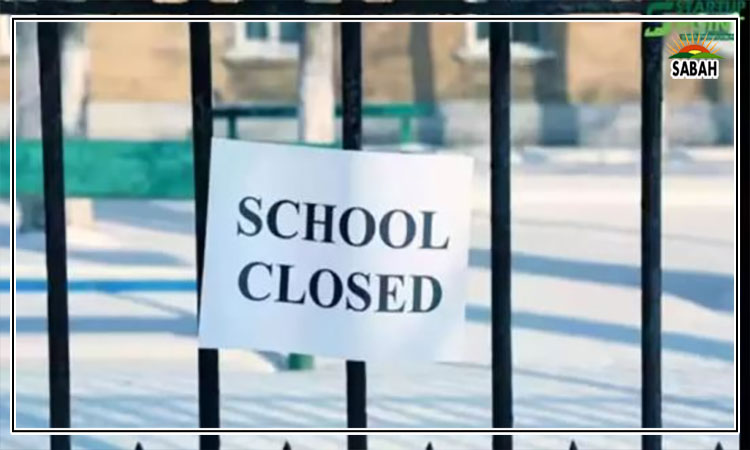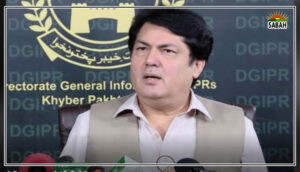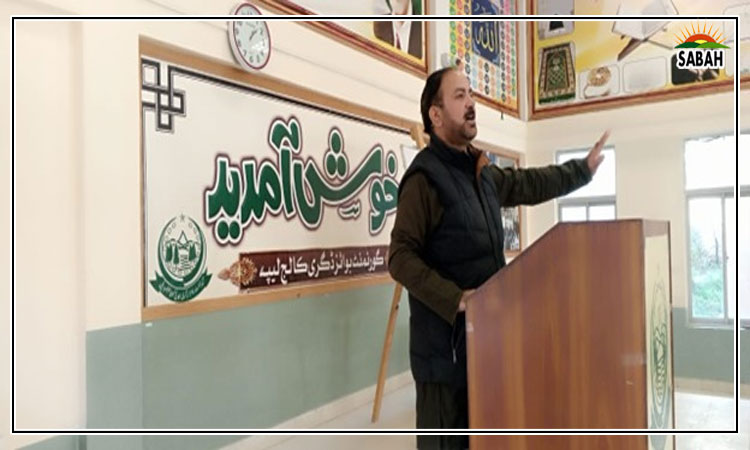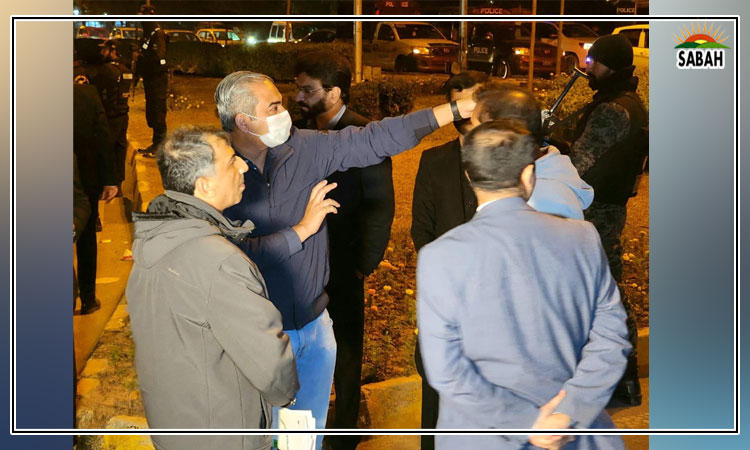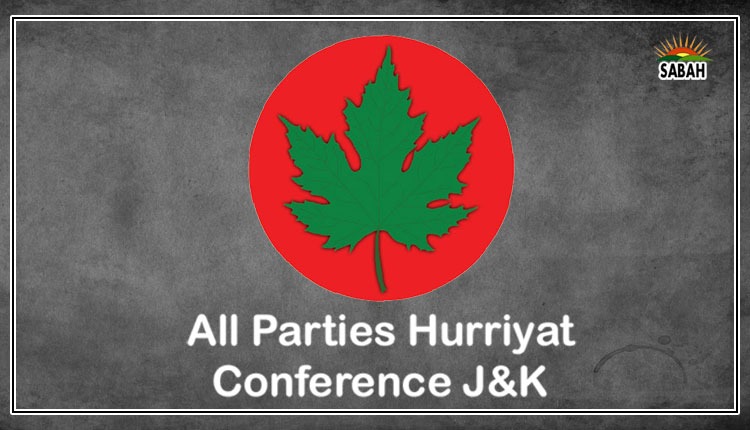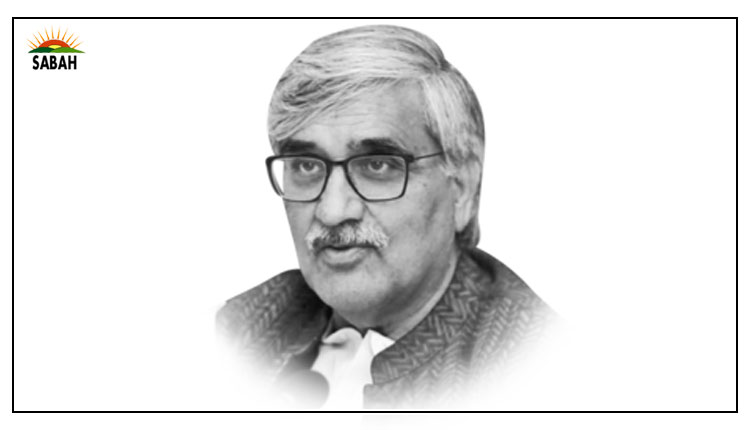Parliament’s tumultuous year….Ahmed Bilal Mehboob
EVEN by Pakistani standards, where there is never a dull moment in politics and parliament, 2022 was an extraordinarily tumultuous year. Our 15 National Assemblies have experienced a lot of shocks over the past 75 years from spending seven years without drafting a constitution for the new state (1947-1954) to a governor generals dismissal on the day the first constitution was to be formally adopted (1954). Our past has seen the creation of Assemblies which didnt have the authority to vote on the recurring budget (1962 and 1965) and whose Leader of the House was not even a member of the House for a full three years (1965-1969).
One recalls the time when the chief martial law administrator (CMLA) refused to hand over the reins of government to the real Leader of the House who commanded a majority in the first and last National Assembly of united Pakistan and was directly elected through adult franchise (1970-1971). Instead, the reins were held by someone who should not have been Leader of the House at that point. After the events of December 1971, that left the country dismembered, we had a truncated Assembly. The Leader of the House, along with the remaining members belonging to various parties, picked up the pieces of a defeated, demoralised and directionless nation and gave a new Constitution, built on unanimous consent, to a new Pakistan and rehabilitated the self-esteem of the people and the troops (1973).
Weve had an Assembly that most political analysts agree came into being through rigging by the then incumbent government. It had the dubious honour of being the shortest lived (barely four months) Assembly in Pakistans history (1977) and its leader who had led the successful quest for a unanimously adopted Constitution in 1973 was deposed by the military and later hanged (1979).
The following years saw a non-party-based Assembly, whose weak, party-less leader, handpicked by the CMLA (who was president), demanded a rollback of martial law in his very first speech (1985), and also one created through political engineering, according to the public confession of the DG ISI of that time (1988).
Even with its eventful history, the Assembly had never passed a resolution of no-confidence against a sitting Leader of the House until 2022.
Then, there was the Assembly, which, according to the signed affidavit given by another DG ISI, came into being after big money, collected from a shady banker, was distributed to the party that later won the election with a thumping majority (1990).
History has also witnessed a Leader of the House reading out a charge sheet against the president of the time (1993), which was televised. This event led to the simultaneous resignations of the Leader of the House and the president, brokered by the COAS. Then came the dissolution of yet another Assembly and the handcuffing of its leader, who had commanded a majority, after he refused to tender his resignation as demanded by a military general, who had barged into his family quarters with his armed men (1999).
The Upper House has also seen the engineering of forced defections by PPP MNAs to the PPP-Patriots in order to facilitate the formation of the kings party government (2002). But eight years later, we also witnessed an Assembly which rewrote one-third of the Constitution with the consensus of all parties that rolled back most of the amendments made by past military dictators and that too at a time when the coalition government of the ruling party lacked a majority in the Assembly (2010).
The next Assembly, within a year of its election, was besieged by a mob for 126 days (2014). A tormented opposition stood alongside the Leader of the House, forgetting all differences, to protect parliament. The Leader of the House of that Assembly was disqualified for life, not only as legislator but also as party head, although the law did not provide for that disqualification (2017).
We have seen the military advise the Leader of the House to adopt peaceful means when he requisitioned troops to safeguard the capital on the orders of the superior court (2018). And we have witnessed the creation of an Assembly whose leader has admitted that acts of parliament and the countrys annual budgets were passed in the Assembly only when the agencies herded the honourable members of the august House to the chamber to vote (2018-April 2022).
Even with such an eventful, chequered and bittersweet history, a resolution of no-confidence against a sitting Leader of the House had, until 2022, never been passed in the Assembly. The most extraordinary event happened on April 10, 2022, through a perfectly constitutional instrument, following procedure as laid down in the Constitution and Assembly rules.
It is an ongoing debate, and extremely revealing stories are coming out almost every day. Questions are being asked if the PDM-led opposition in the National Assembly, with a number of seasoned politicians in its ranks, made the fateful decision to remove the Leader of the House despite advice given publicly against the move on their own when the Assembly was well into its penultimate year and the harmful effects of such an action could be easily foreseen. Or whether the coalition, thrilled with the establishment cosying up to them, were nudged into undertaking this hugely disruptive and unnecessary act for the benefit of individuals in the establishment.
It is a developing story and one doesnt know where the events subsequent to the no-trust move will lead this country, but seldom has a parliamentary year been so completely dominated by one mega event.
As a subscript to this, the National Assembly met for 20 per cent fewer hours but passed 66pc more laws during this year, compared to the average of the past three years. MNAs attendance dropped by a whopping 40pc, largely because PTI members stayed away, with their resignations still pending before the Speaker. The good news is that 68pc fewer ordinances were put before the Assembly this year, indicating a more democratic pattern of legislation. The PMs attendance improved by 9pc primarily because average attendance in the past three years was very poor around 10pc.
The writer is president of the Pakistan Institute of Legislative Development And Transparency.
president@pildat.org Twitter: @ABMPildat
Courtesy Dawn, January 2nd, 2023


